Introduction to the Impact of Chess on Intelligence
Chess, a strategic and complex game with a rich history spanning centuries, is renowned for its intellectual demands. Often associated with intelligence and cognitive abilities, chess has long been considered a brain-boosting activity. The question of whether playing chess can actually make you smarter has intrigued scientists and educators alike. To explore this, we delve into various aspects of how chess potentially influences cognitive development and mental capacities.
Cognitive Enhancements Through Chess
Improvement in Problem-Solving Skills
Chess is fundamentally a problem-solving game, requiring players to anticipate and evaluate potential moves and counter-moves. This constant need for strategic planning promotes the development of complex problem-solving skills. Research suggests that regular chess players often exhibit enhanced abilities to analyze and solve problems more effectively than non-players.
Boosts in Memory and Concentration Levels
Playing chess involves remembering numerous combinations of moves and their potential outcomes, thereby providing a rigorous workout for the brain. Frequent players may increase their memory capacity, becoming more adept at retaining and recalling information. Furthermore, the requirement to focus on multiple tasks and strategies simultaneously can lead to improved concentration and attention span.
Enhancement of Learning and Understanding
Chess can also influence cognitive processes related to learning. It helps in understanding patterns and sequences, making it easier for players to grasp complex mathematical concepts and systems of logic. Regular engagement with chess can foster a more disciplined and methodical approach to learning, which is transferable to academic subjects and problem-solving situations outside the game.
Emotional and Social Intelligence Boost
Beyond cognitive skills, chess also offers opportunities to enhance social and emotional intelligence. Playing chess, particularly at clubs or tournaments, involves social interactions which can teach important life skills like managing victory and defeat, developing patience, and exercising control. Interacting with diverse opponents can also increase empathy, as players learn to anticipate and understand the perspectives and strategies of their opponents.
Development of Planning and Foresight
One of the key aspects of chess is the ability to plan ahead and think about the long-term consequences of one's actions. This strategic planning fosters foresight, an essential skill in many real-life decisions and career paths.
Scientific Studies on Chess and Intelligence
Several studies have been conducted to measure the impact of chess on intelligence quotients (IQ) and other cognitive abilities. A meta-analysis of such research typically points towards a positive correlation between regular chess play and cognitive development, particularly in children and adolescents. However, it is crucial to note that improvements in cognitive abilities are not solely attributed to chess but can also involve a more engaged and active mind, which chess helps cultivate.
Practical Recommendations for Incorporating Chess into Learning
To leverage the potential benefits of chess on intelligence, educational systems around the world have begun integrating chess into their curriculums. If you're considering adding chess to your or a young person’s routine for intellectual development, starting with chess puzzles and online platforms can be an effective approach. Joining local chess clubs or participating in tournaments can also provide valuable practical experience and peer learning opportunities.
Conclusion
While chess is not a guaranteed method to boost IQ, it undoubtedly enriches cognitive abilities by enhancing memory, problem-solving skills, and strategic thinking. Its benefits extend beyond mere intellect, influencing emotional resilience and social interactions. Whether pursued as a hobby or in a more structured educational context, chess can be a valuable tool for personal and intellectual growth.
Explore our large collection of luxurious chess sets!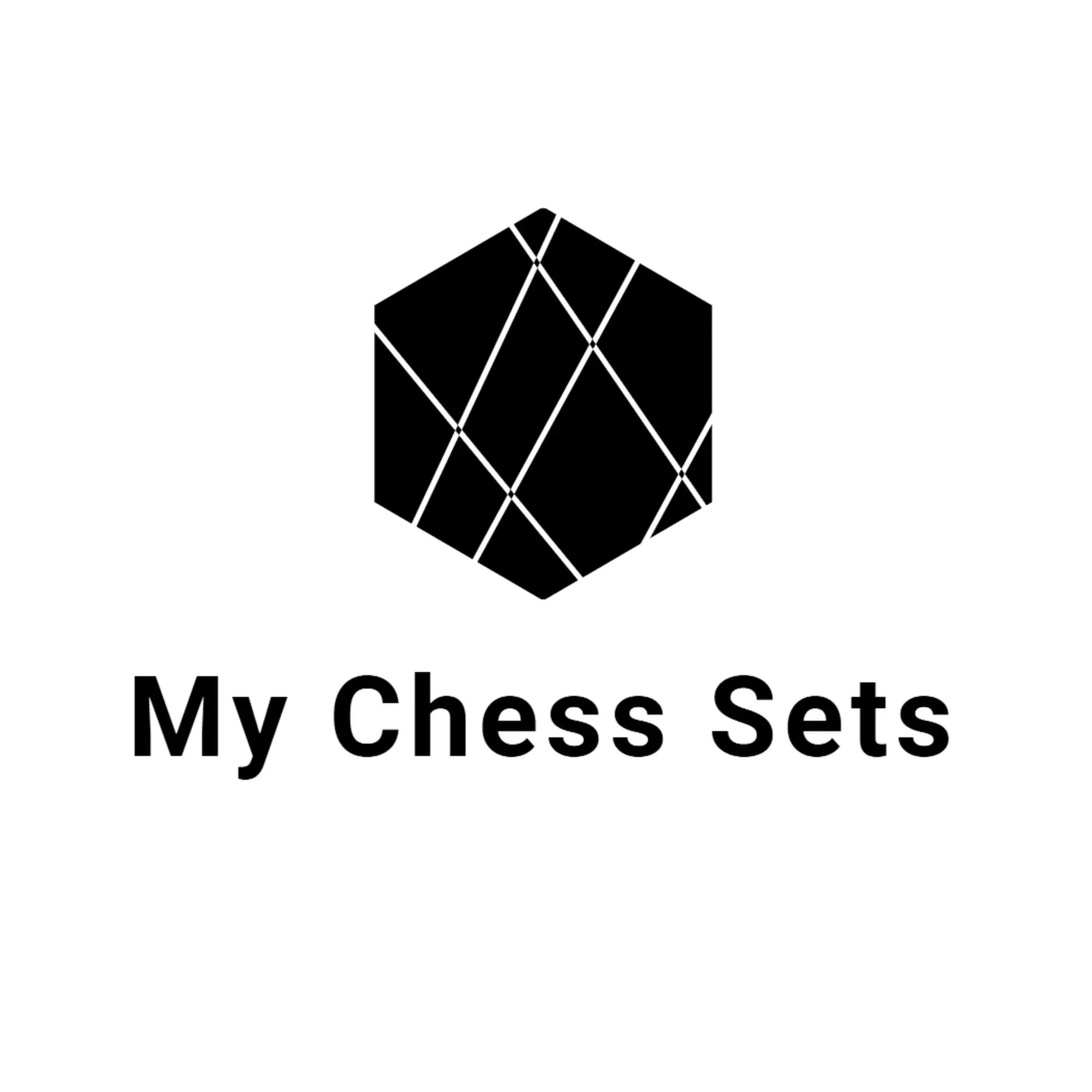

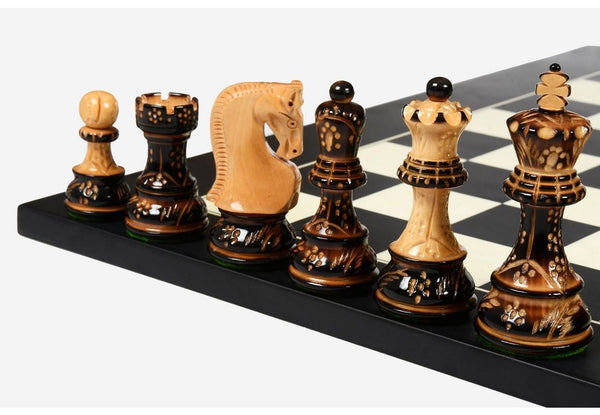

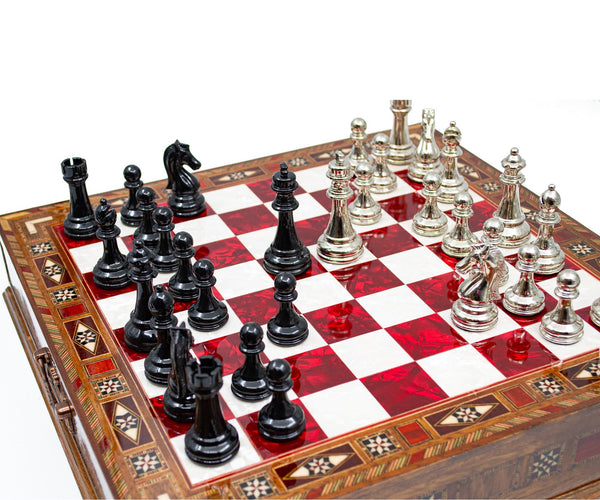
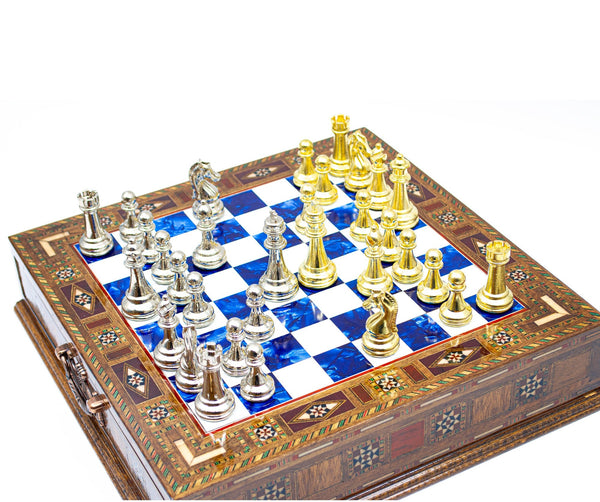
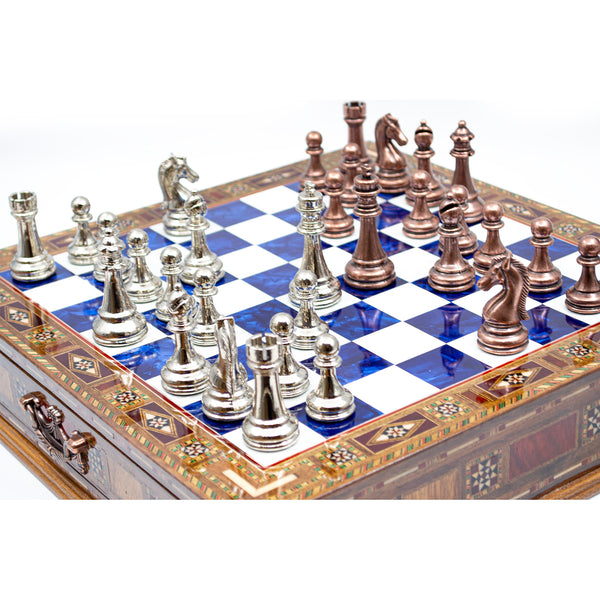
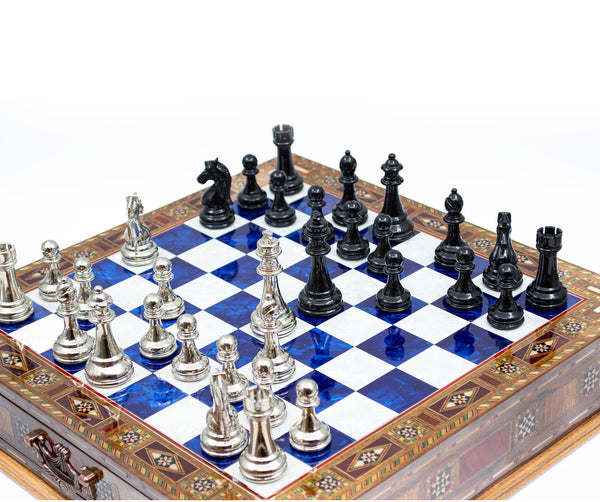
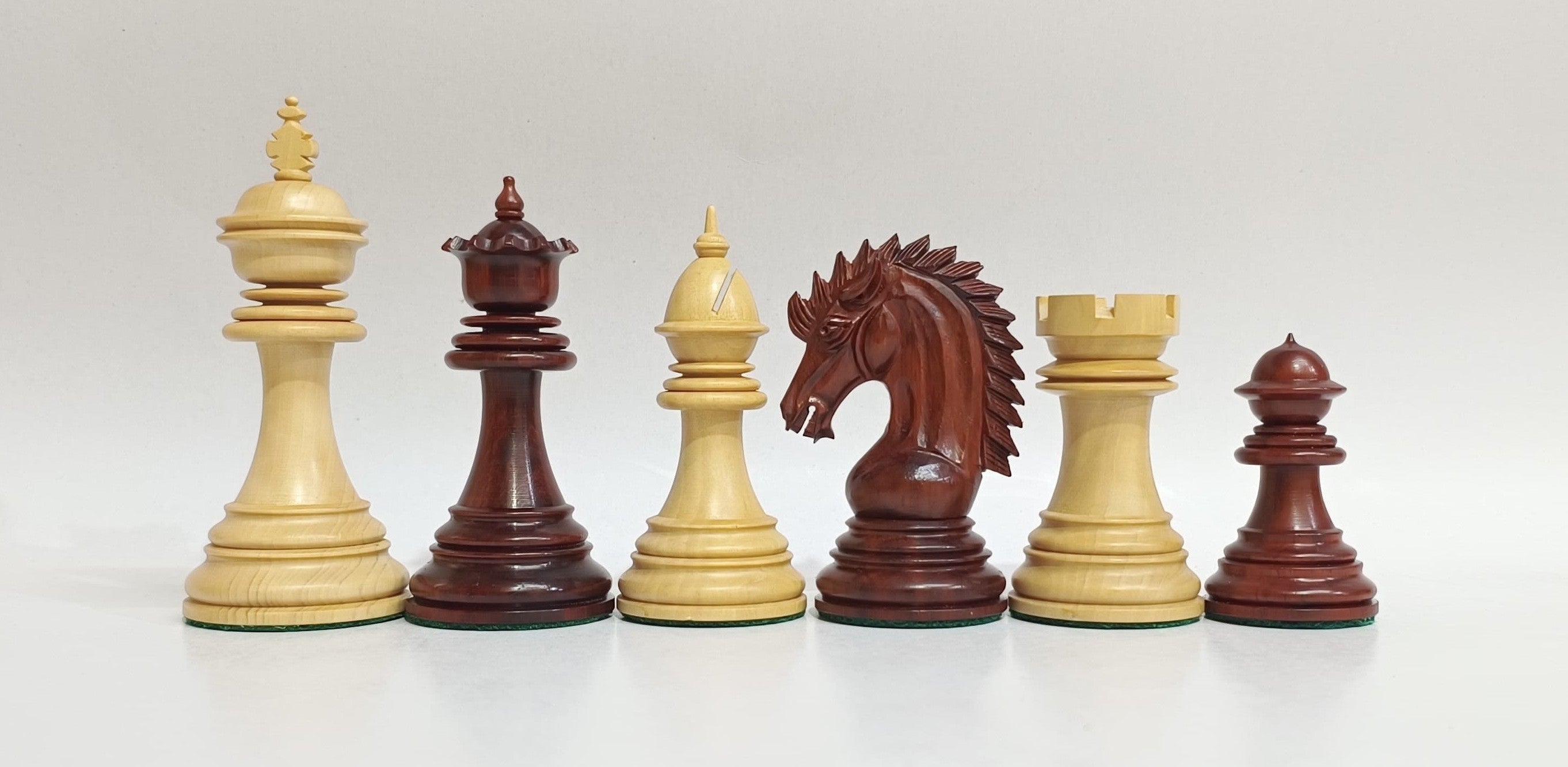
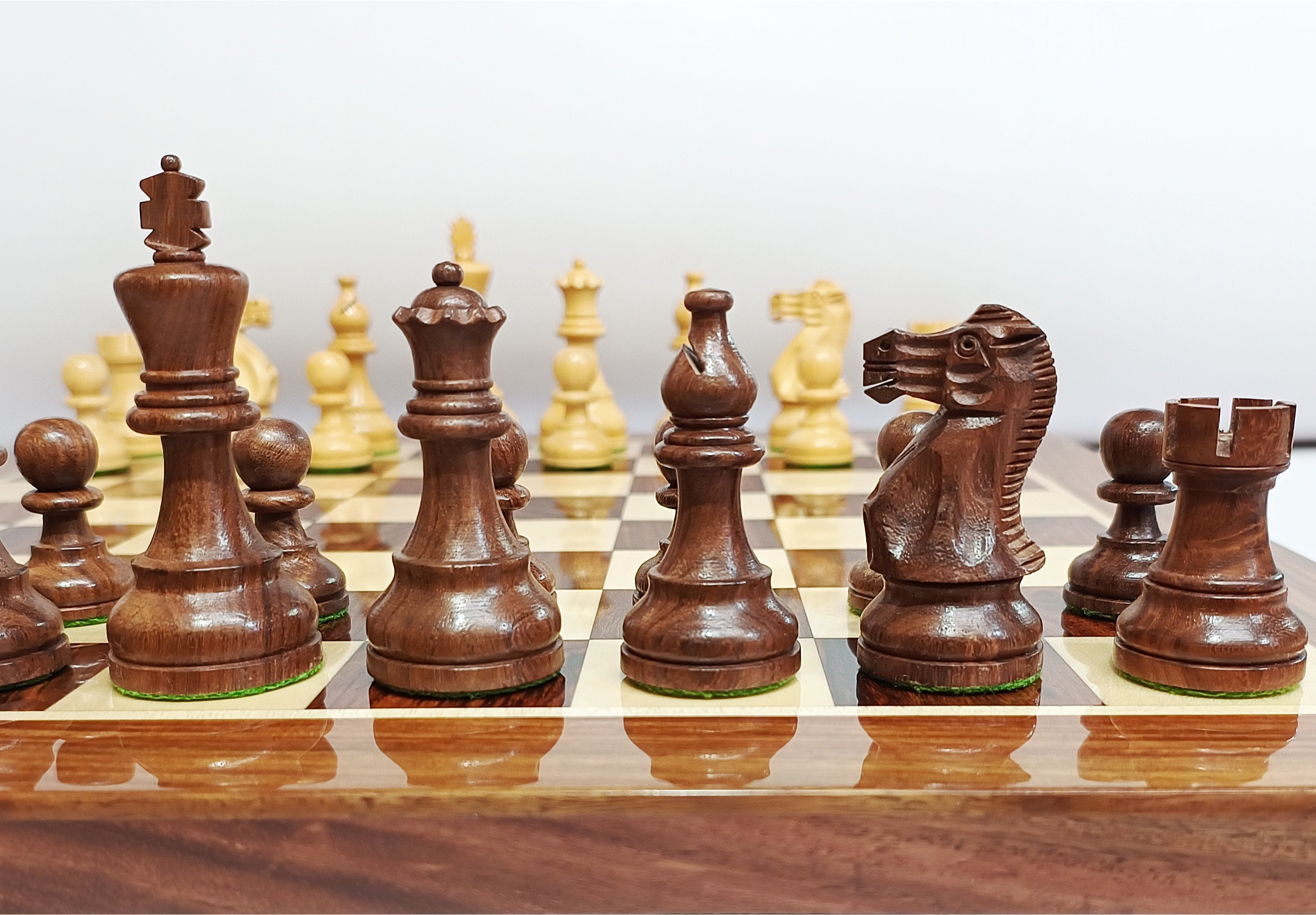
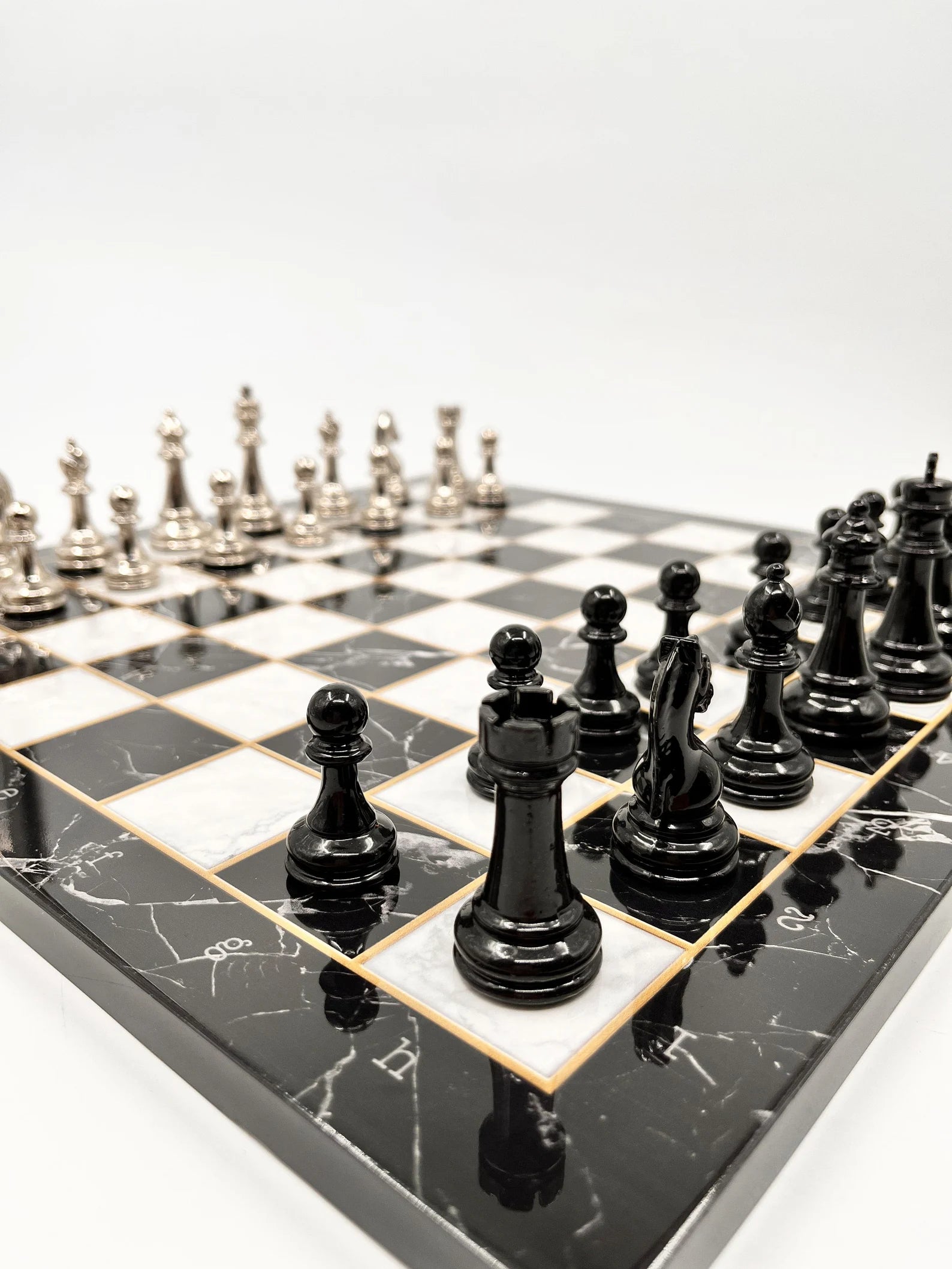
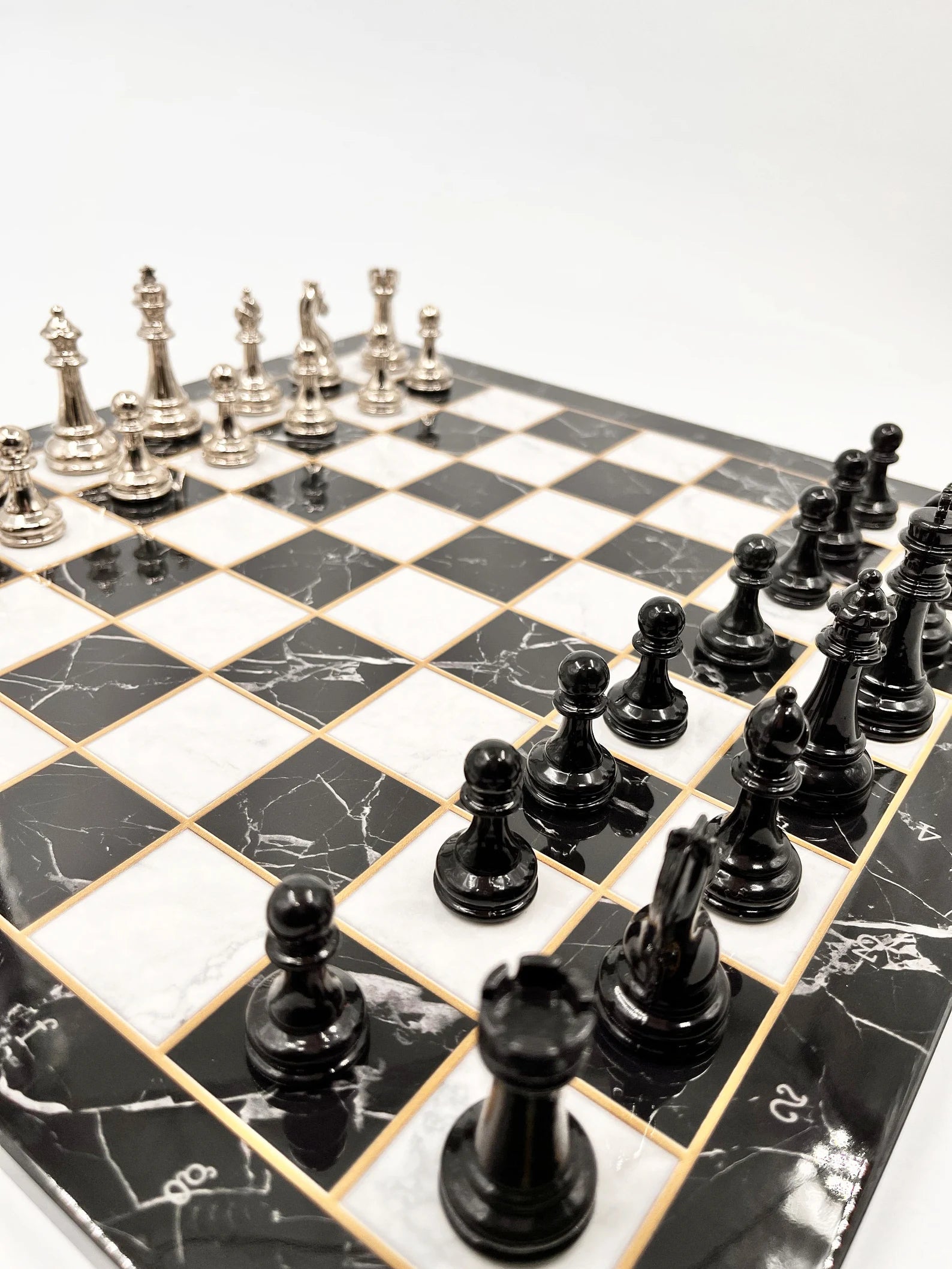
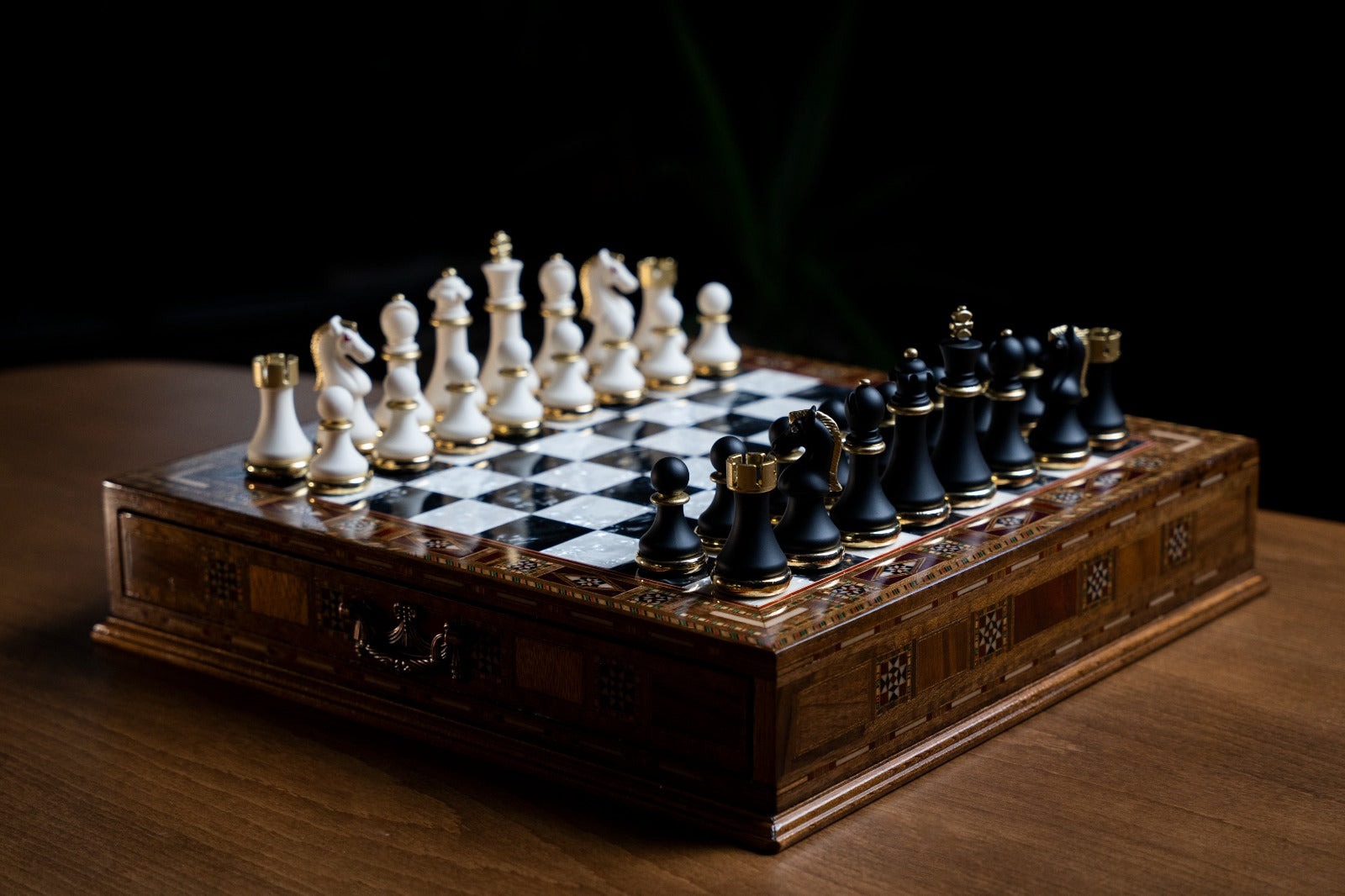
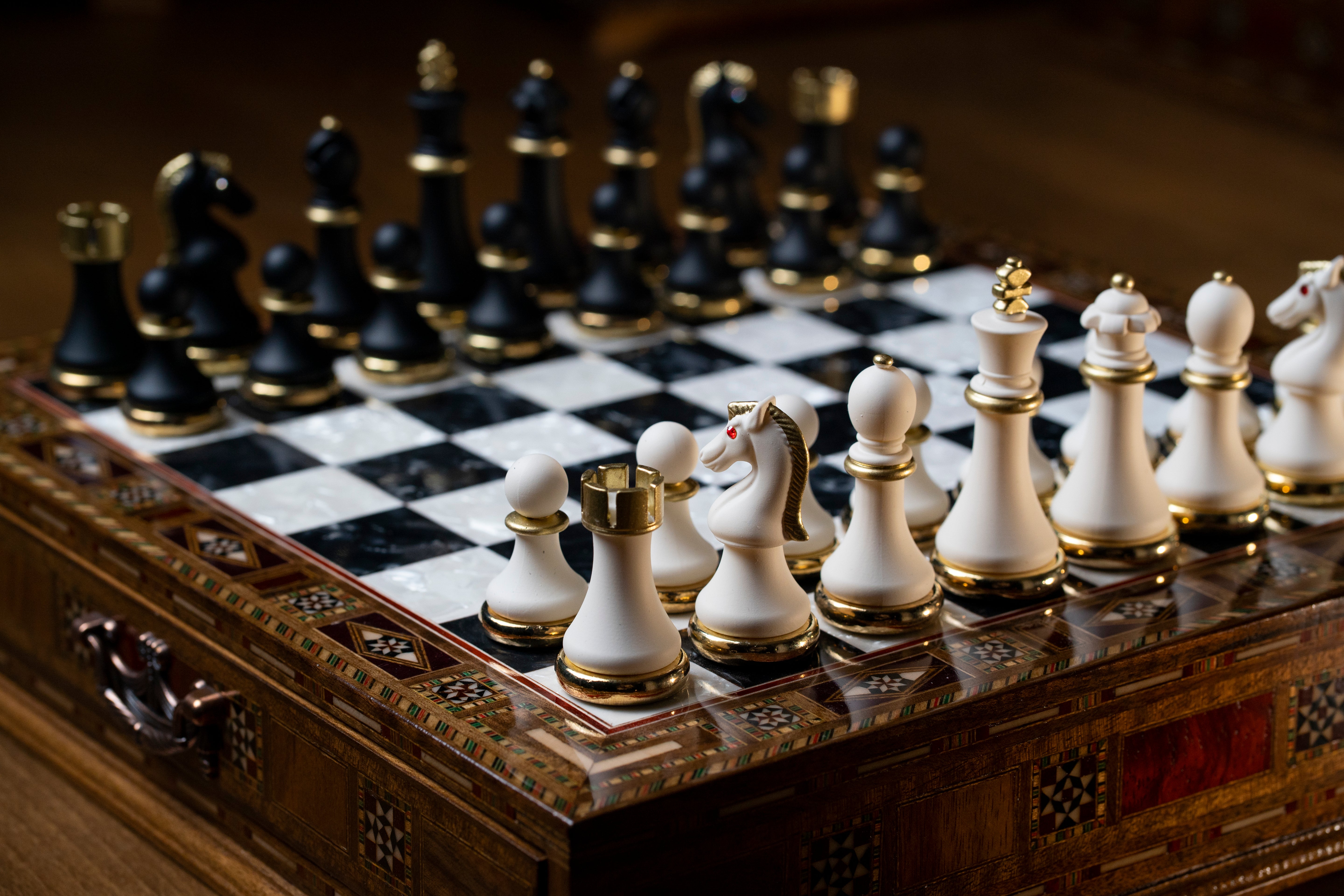
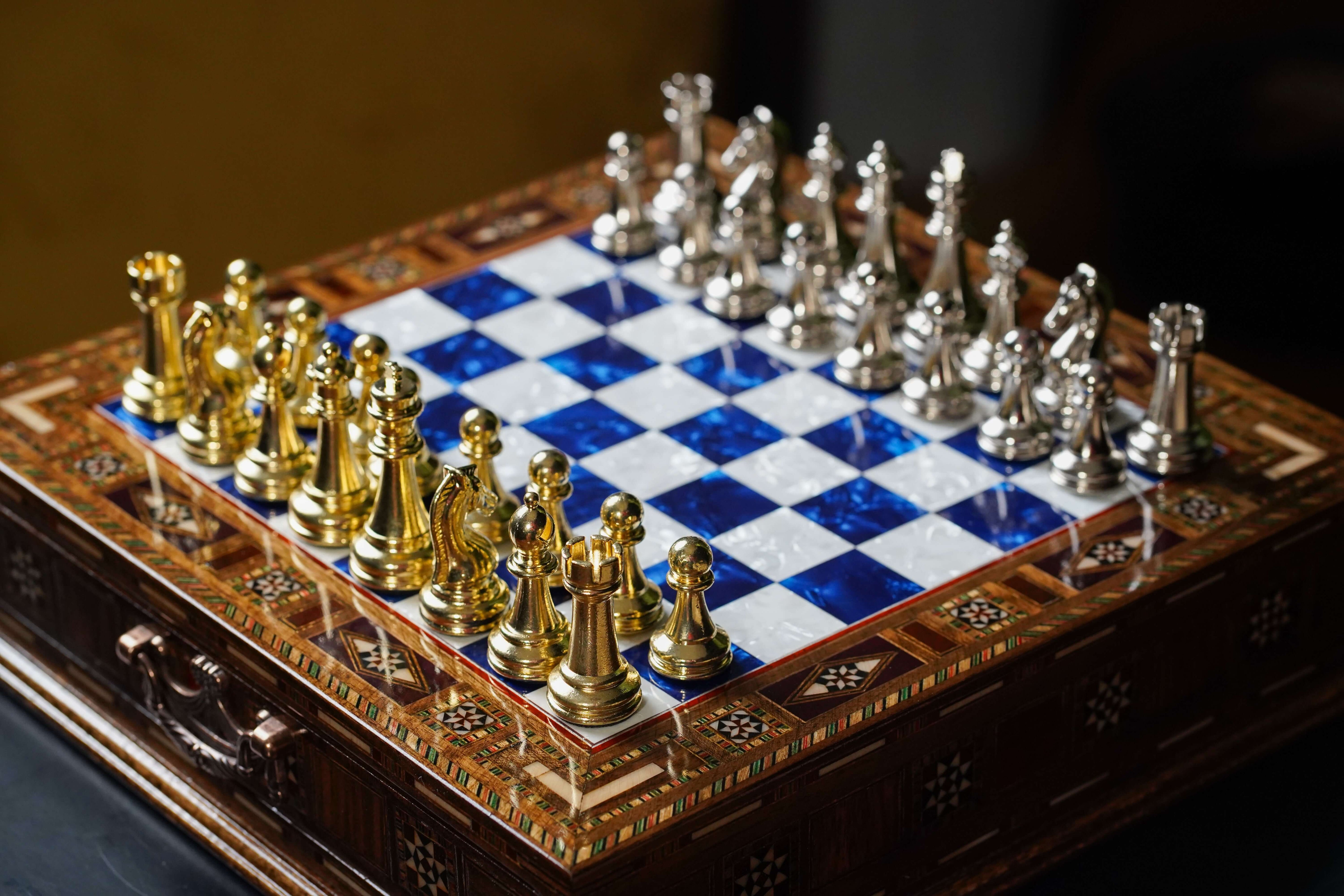

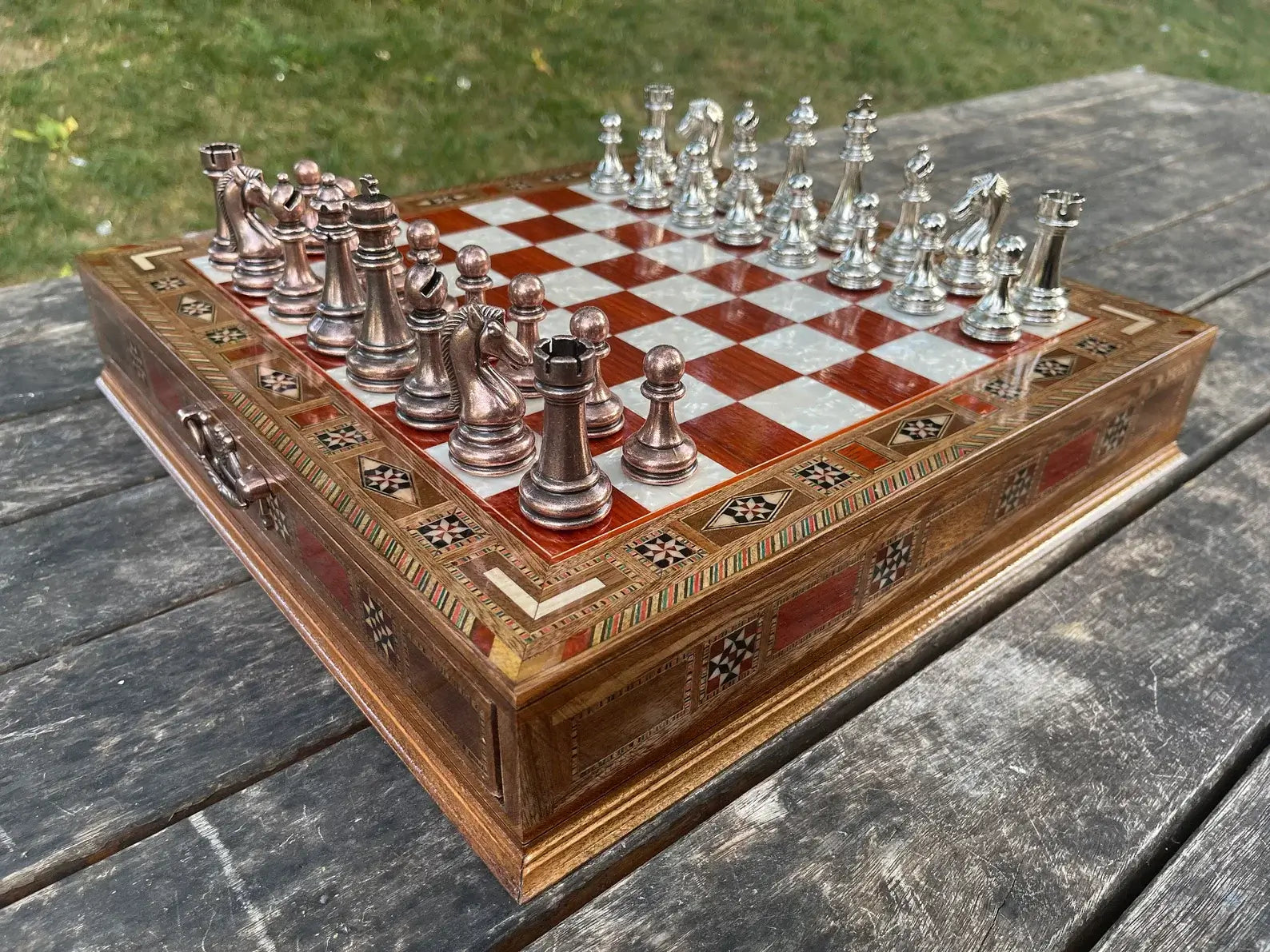
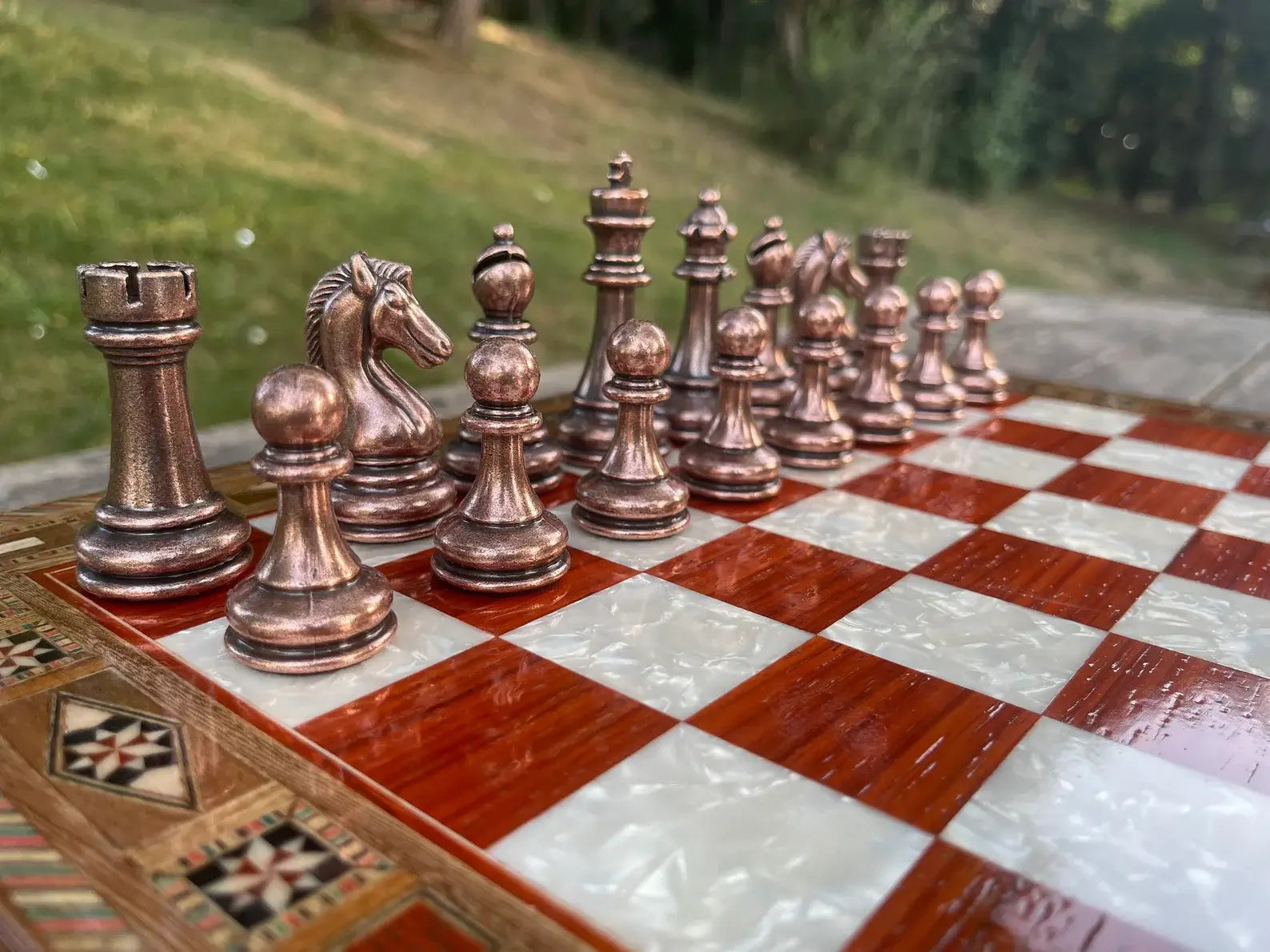
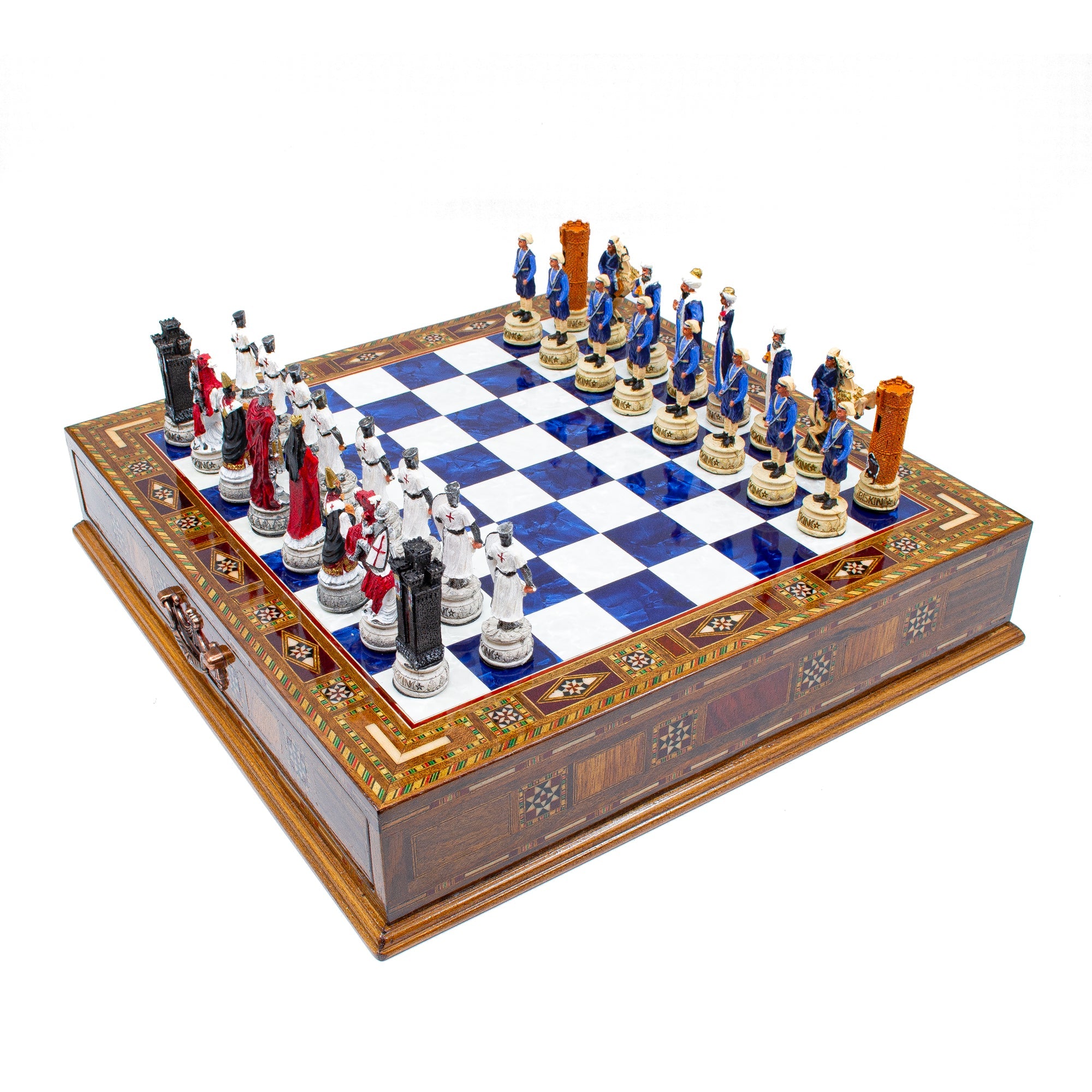
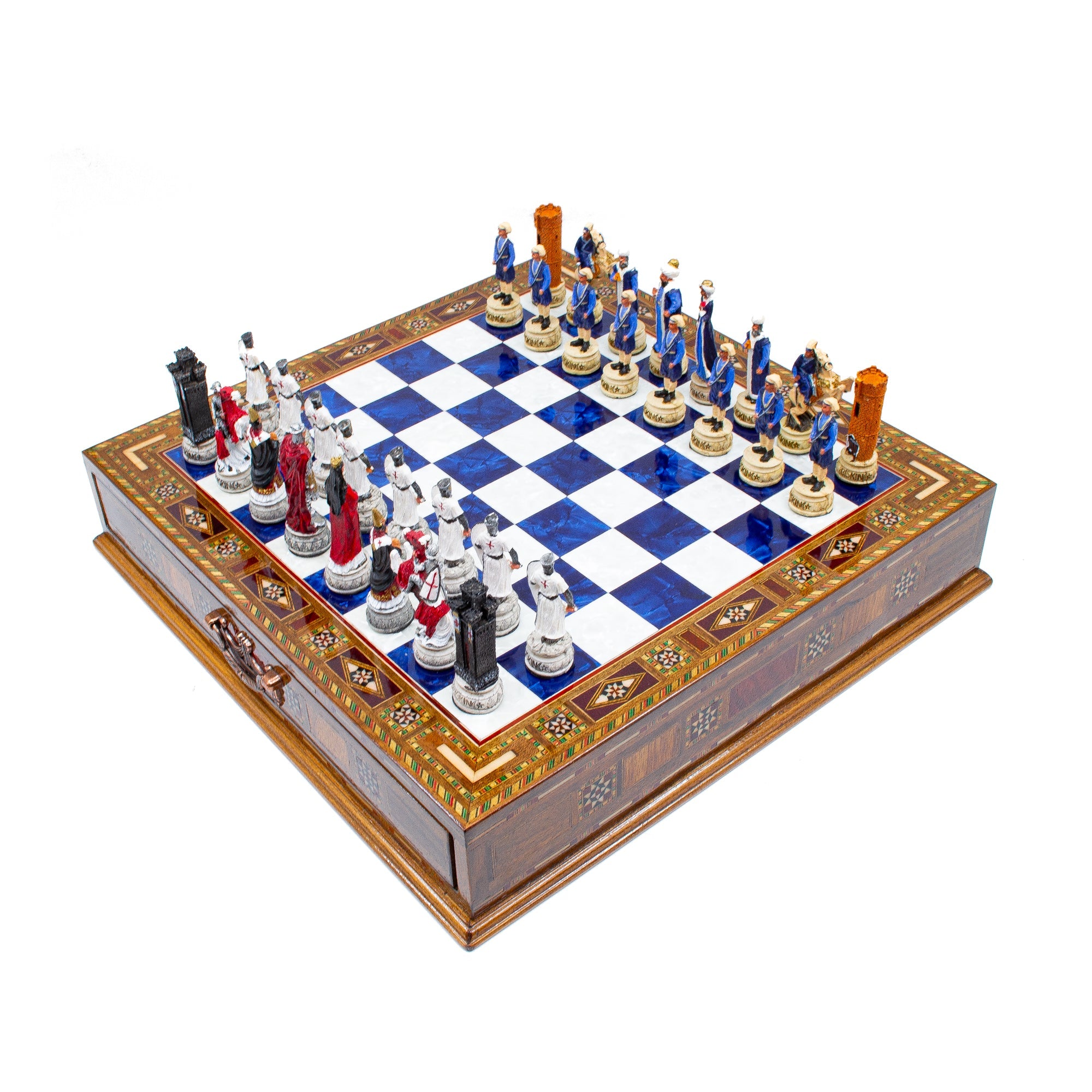
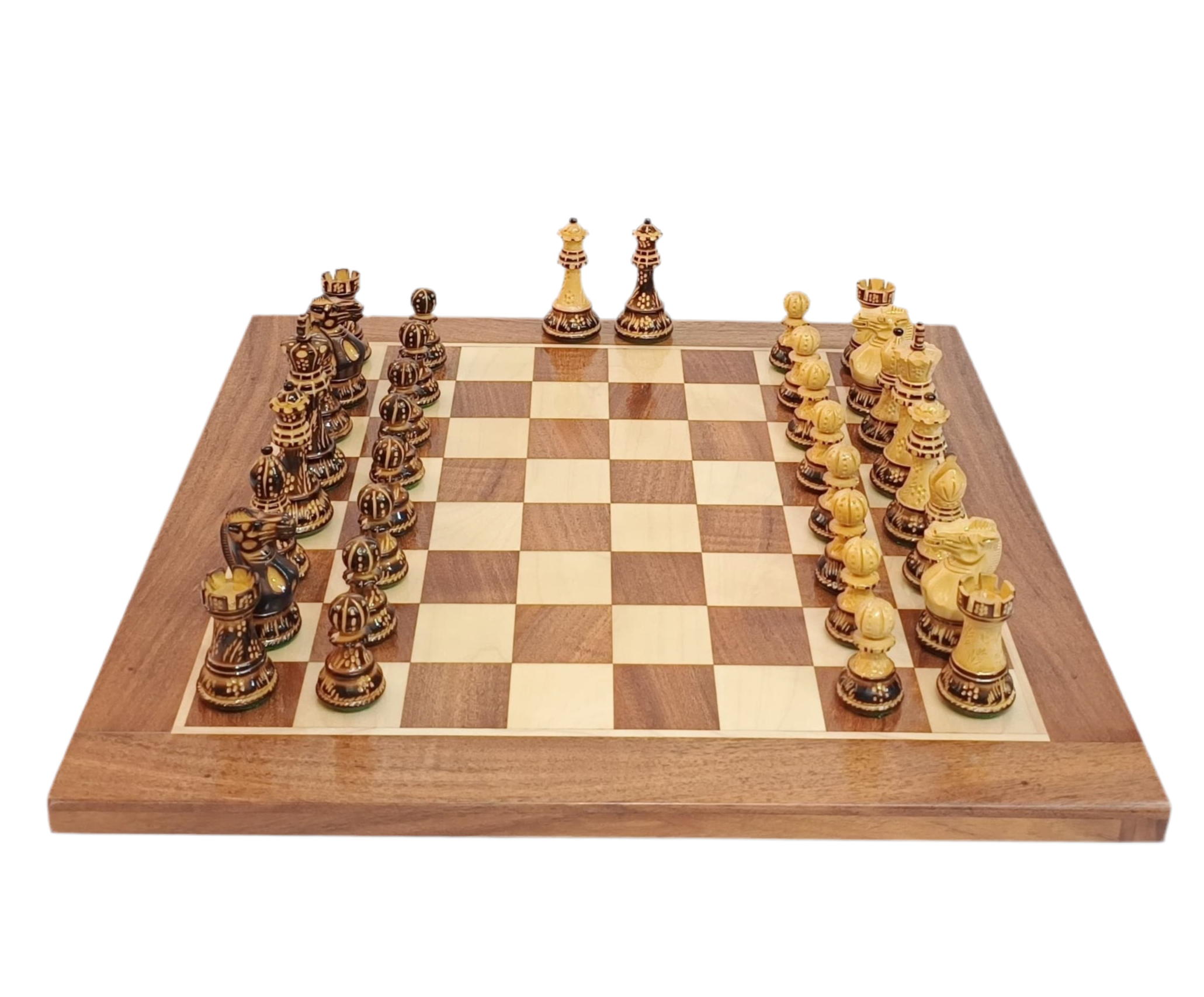
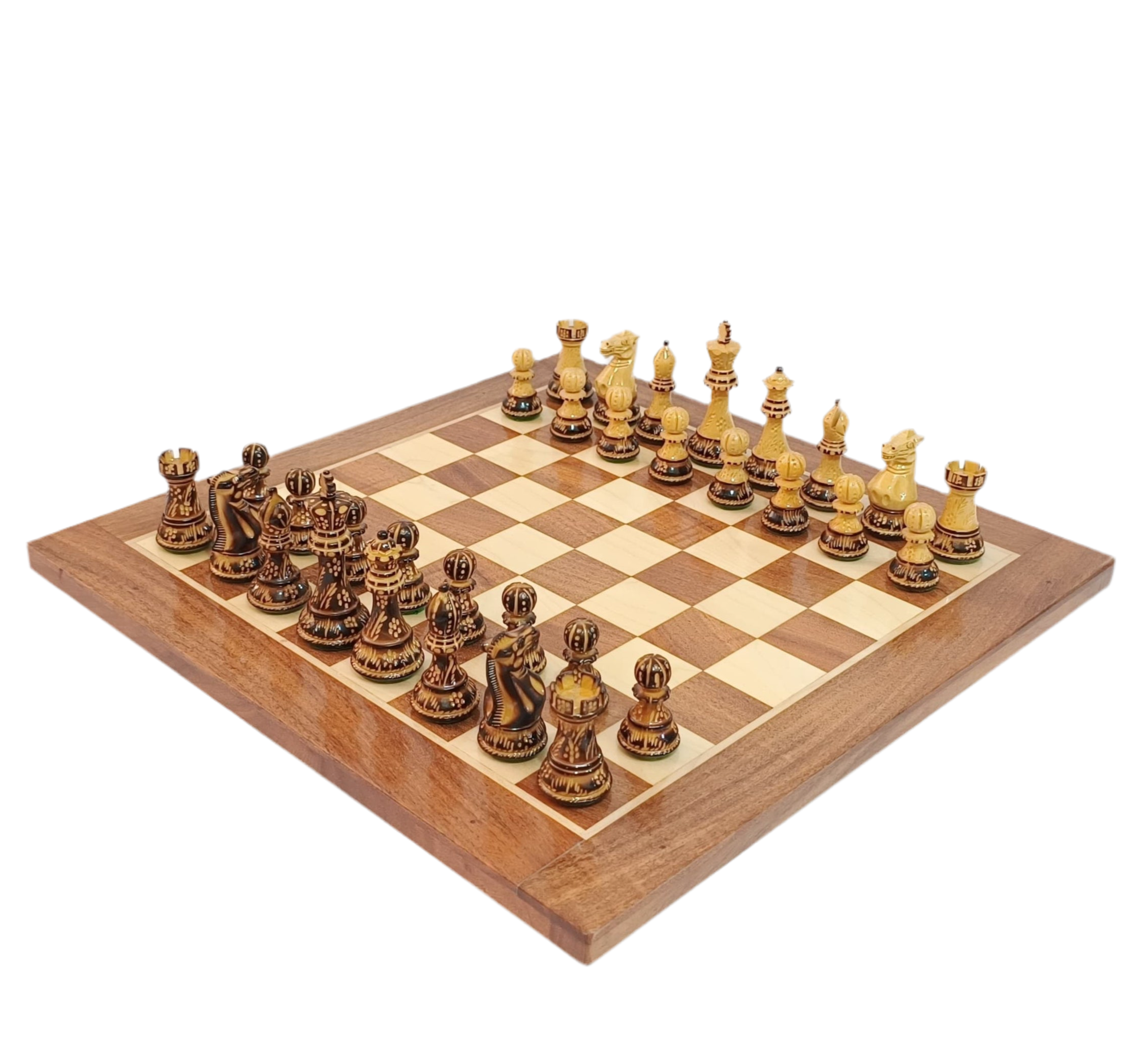

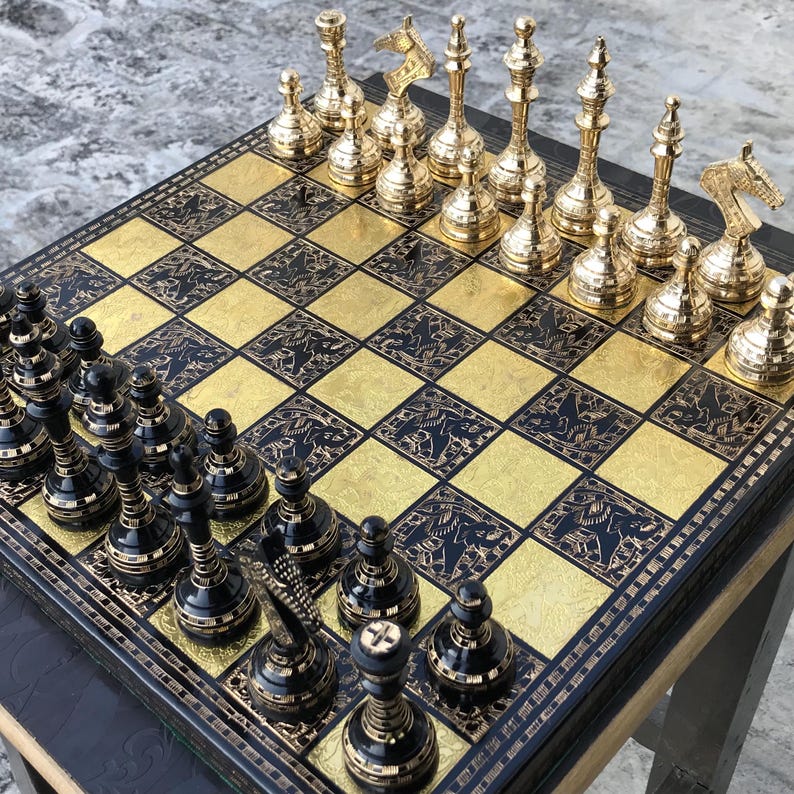


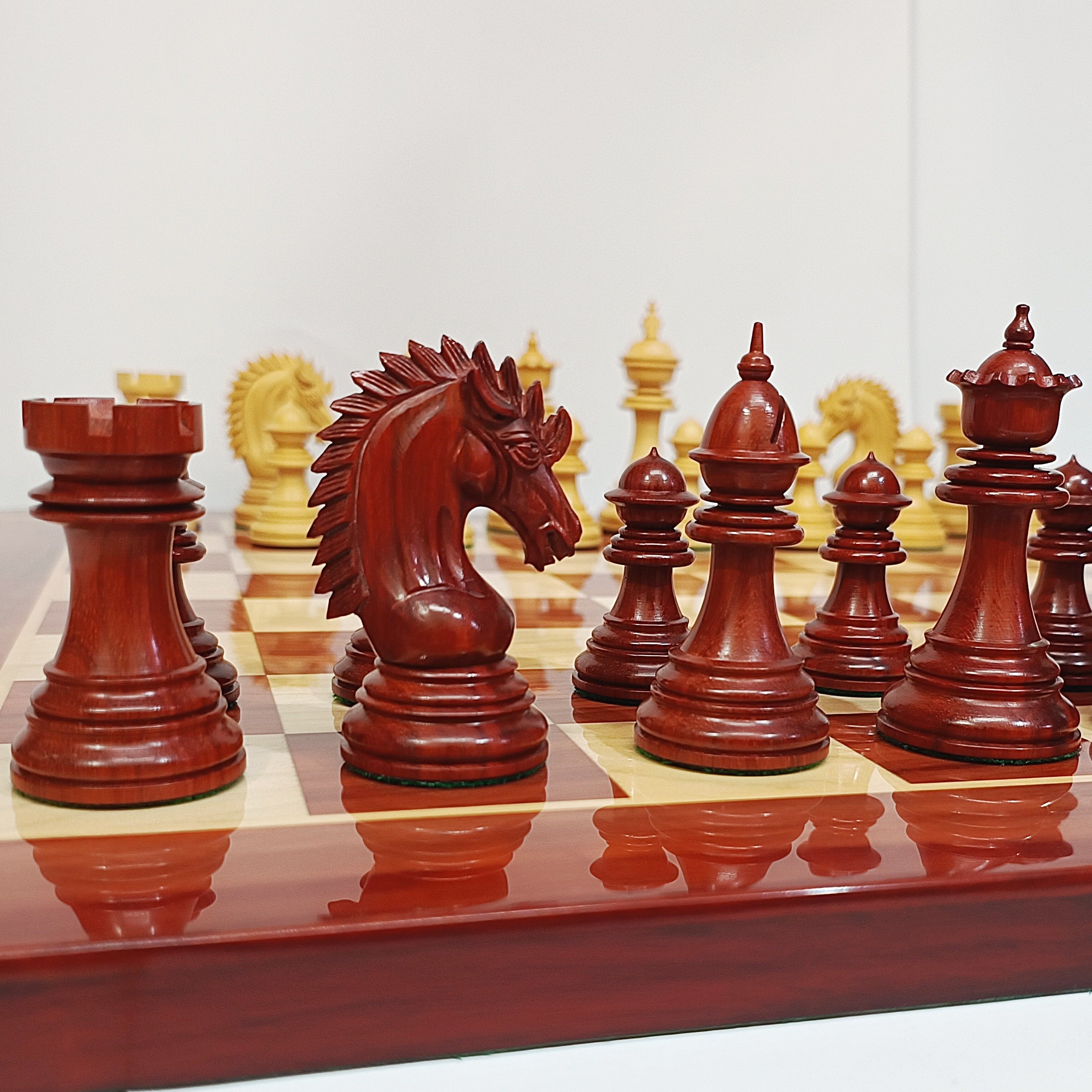
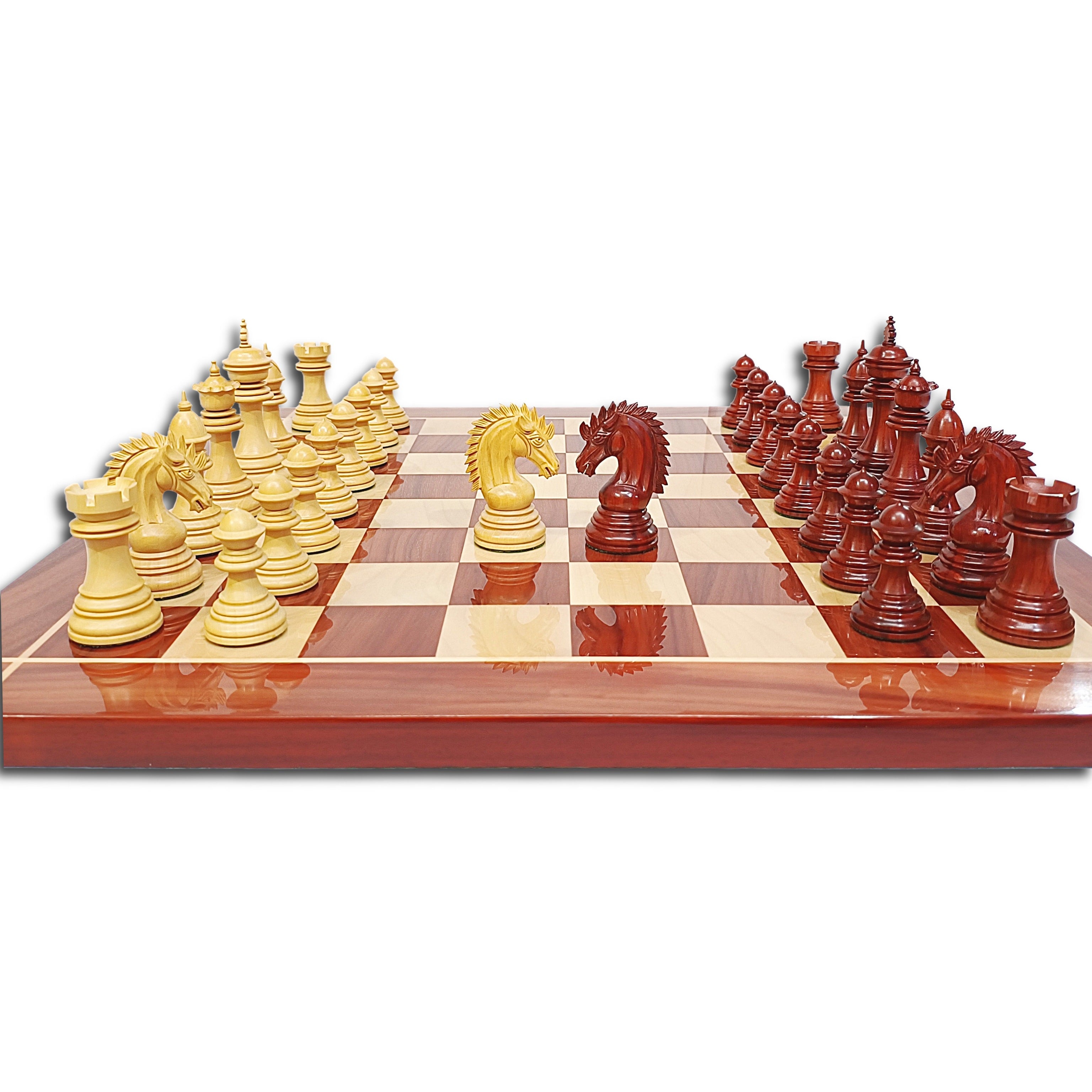
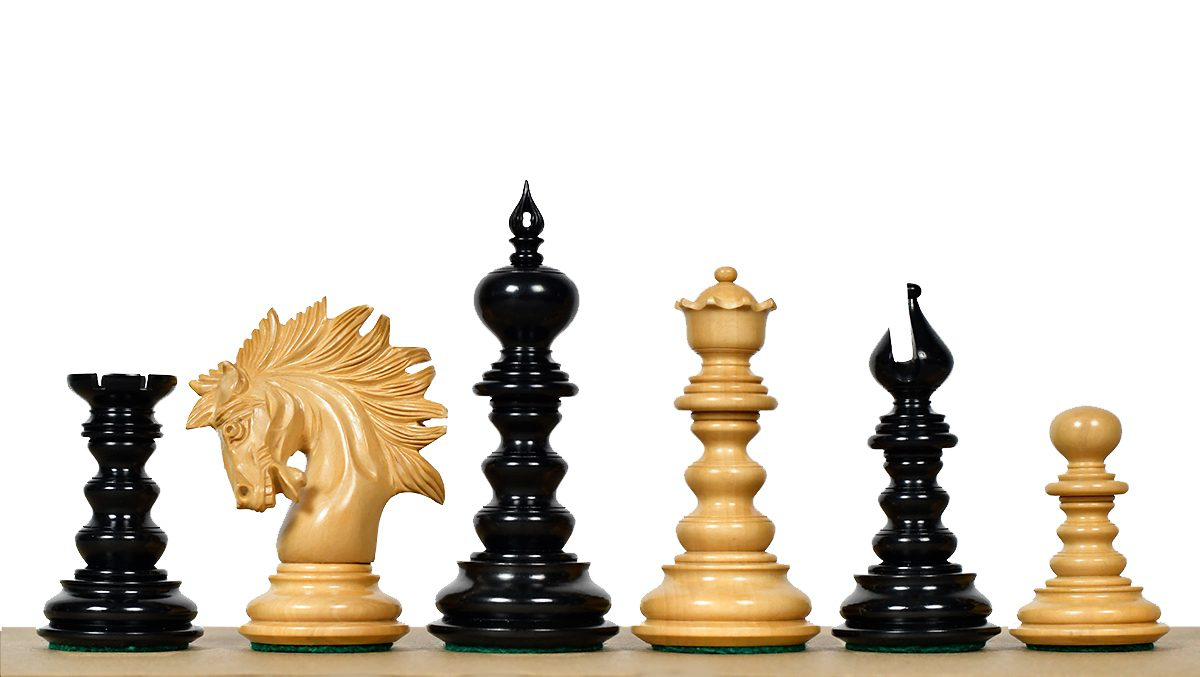
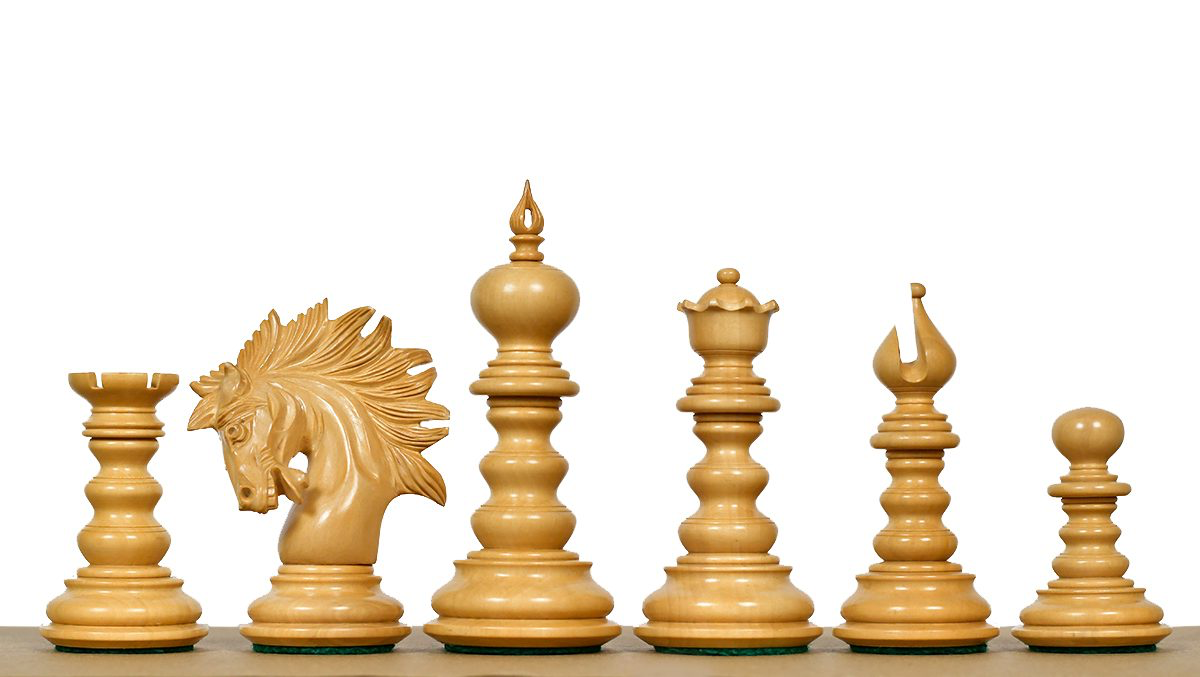
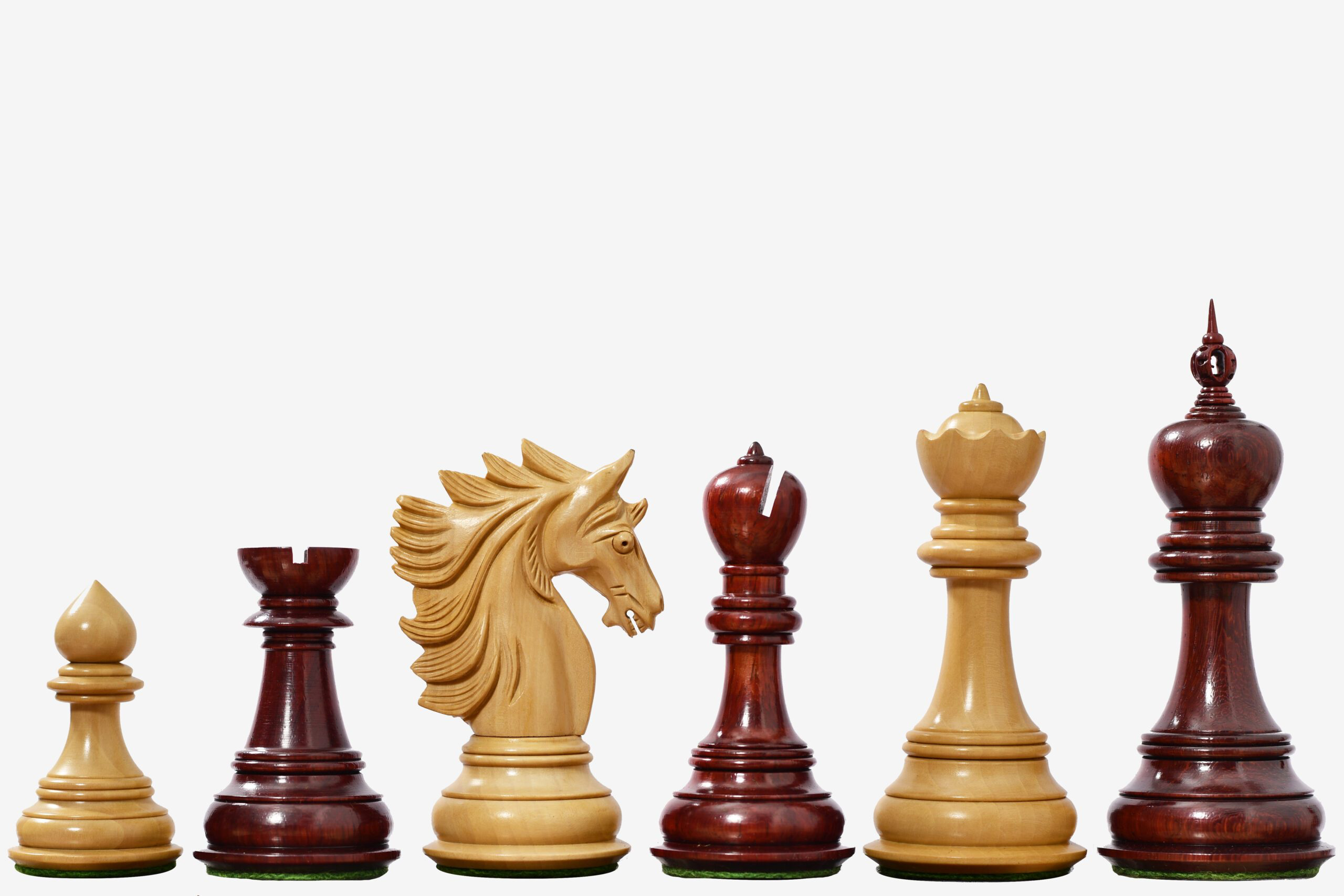
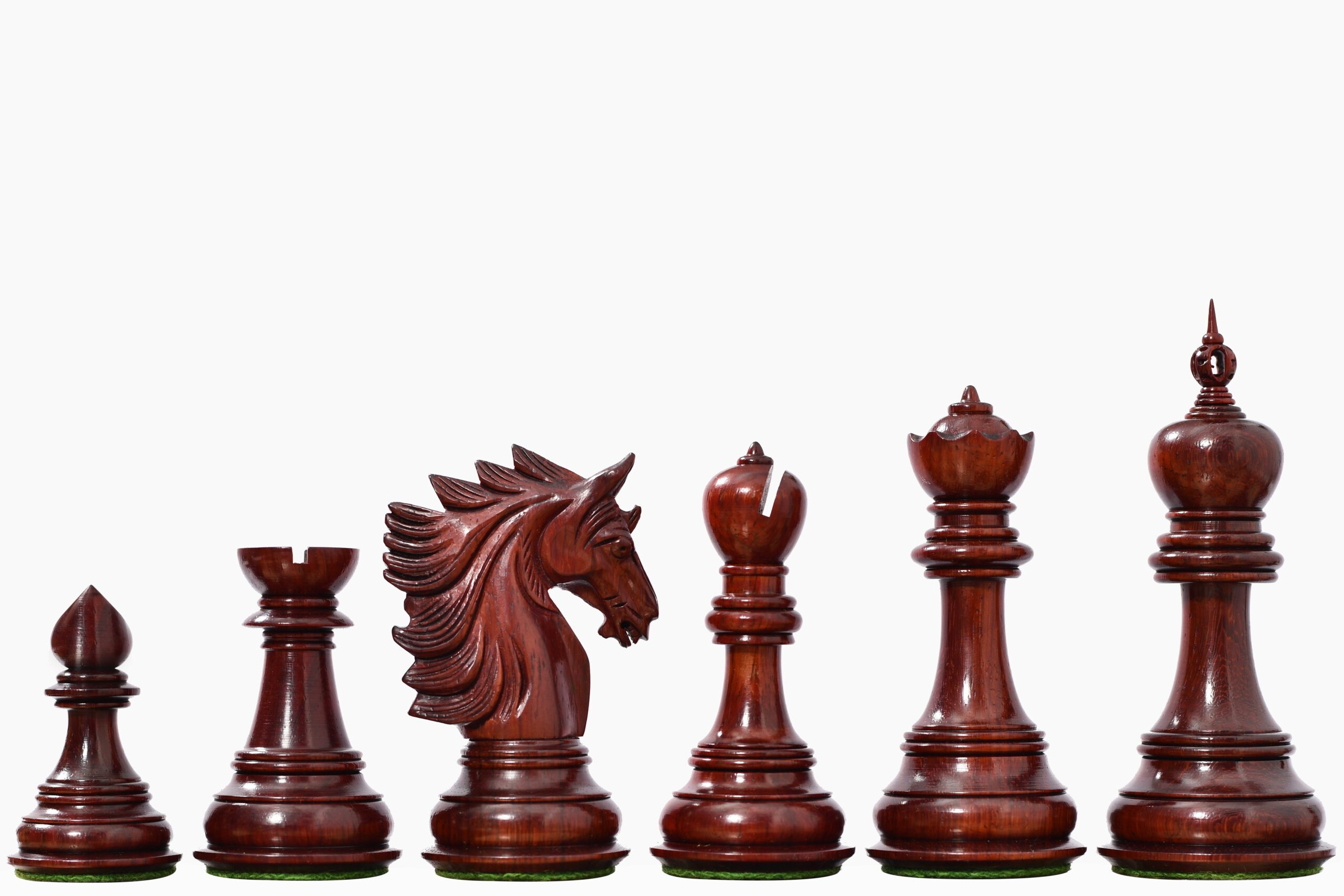
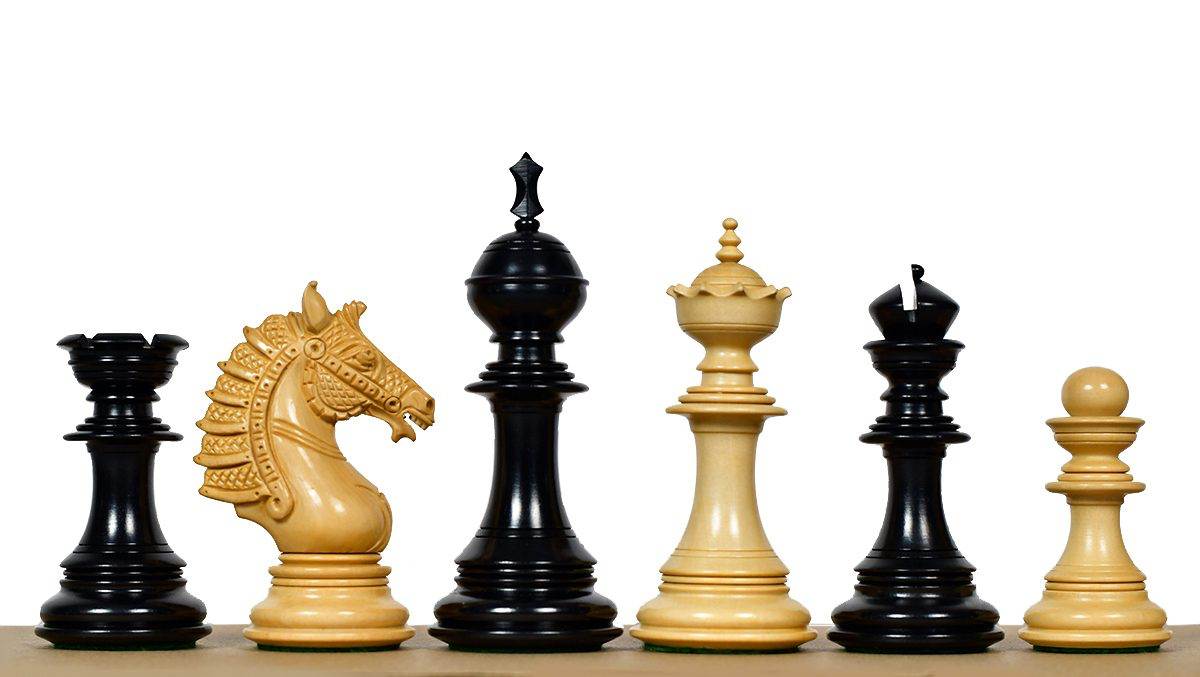
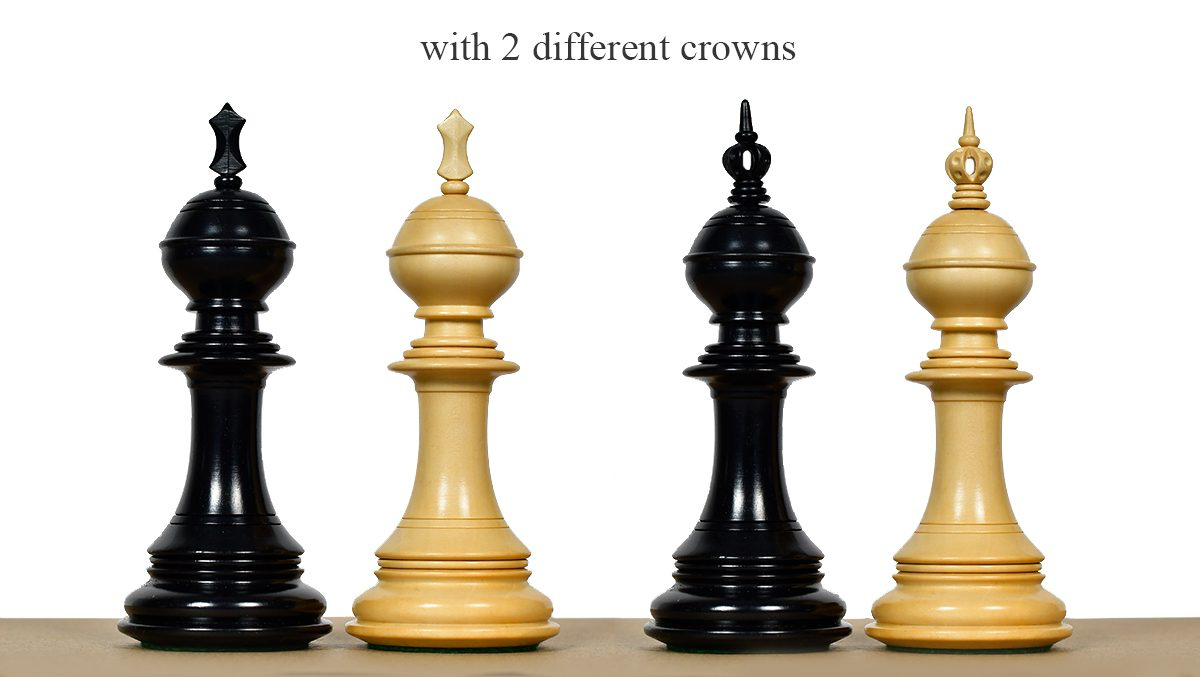
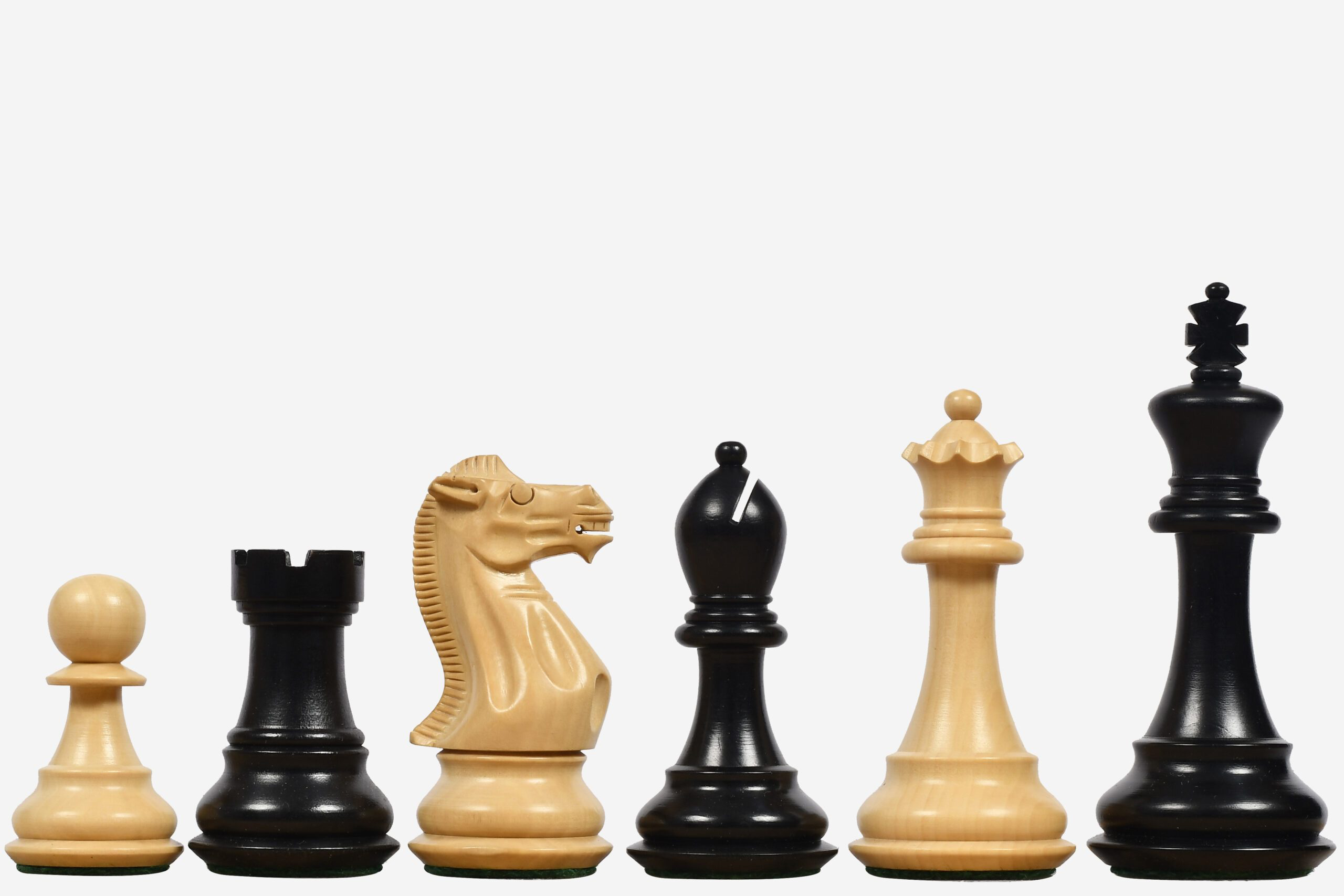
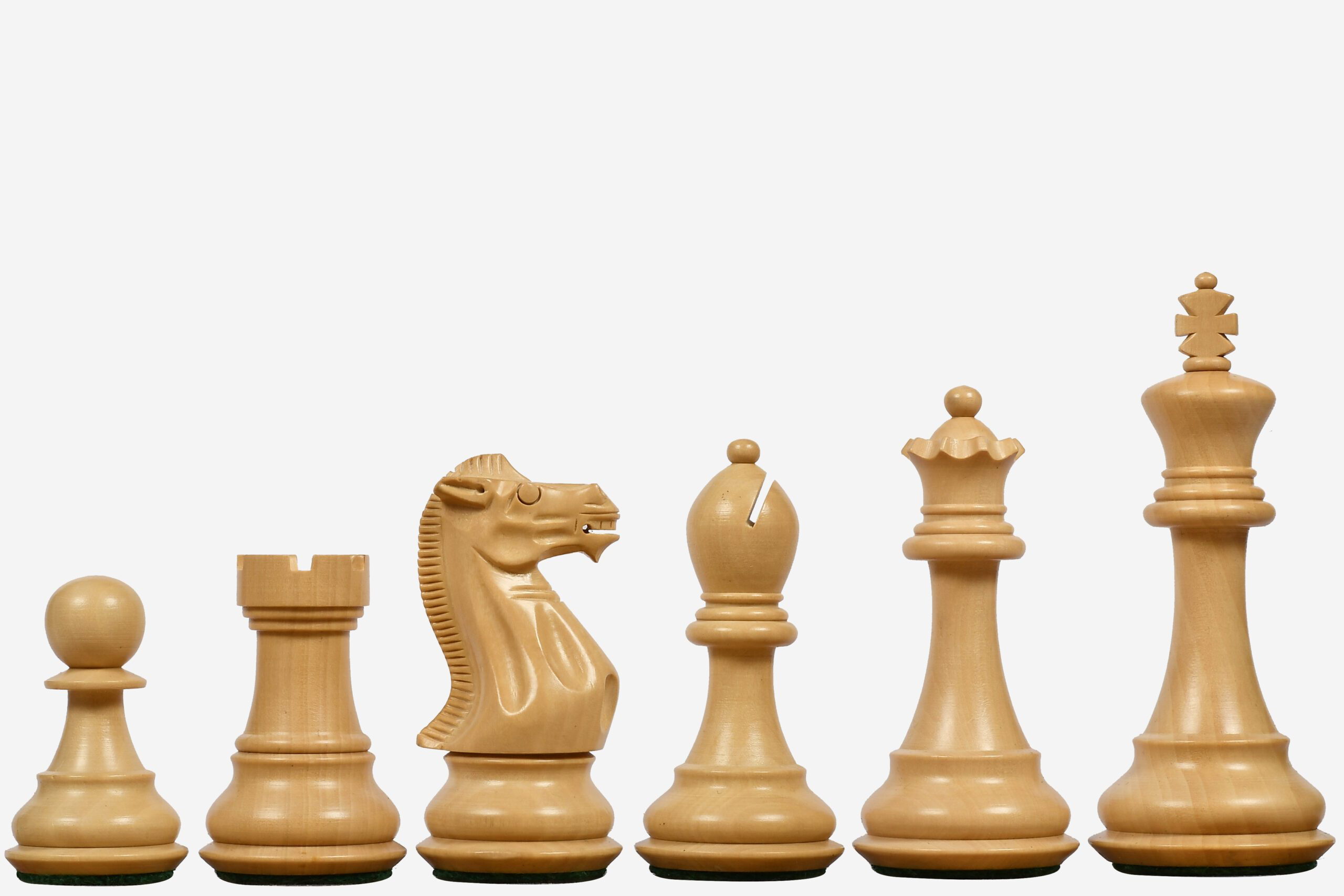
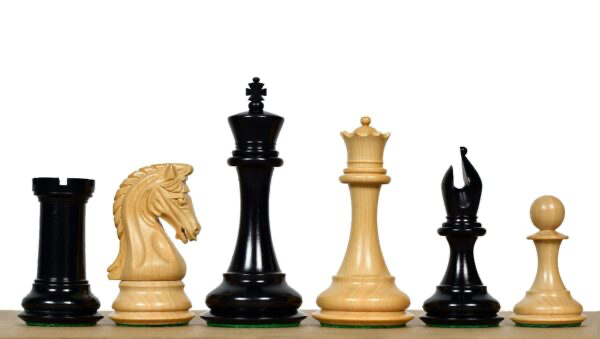
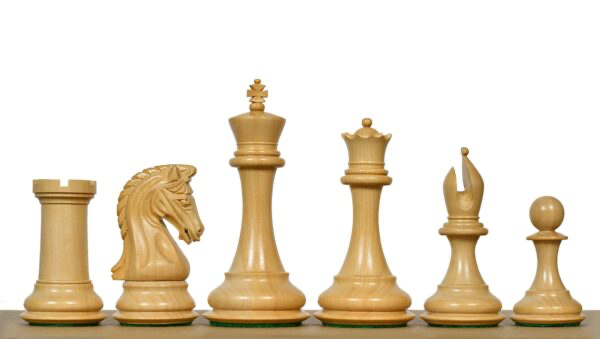






Leave a comment
All comments are moderated before being published.
This site is protected by hCaptcha and the hCaptcha Privacy Policy and Terms of Service apply.